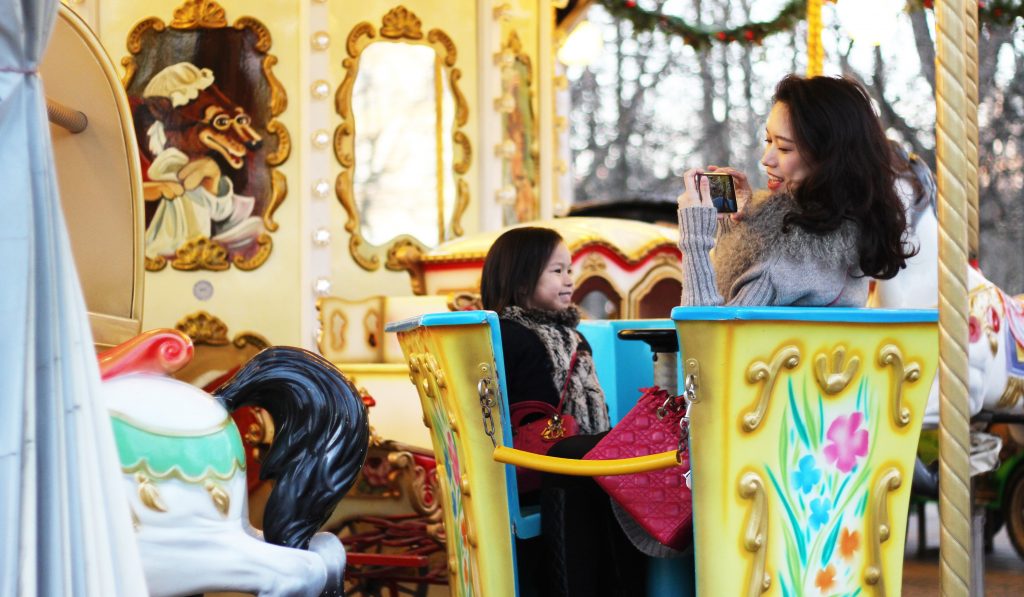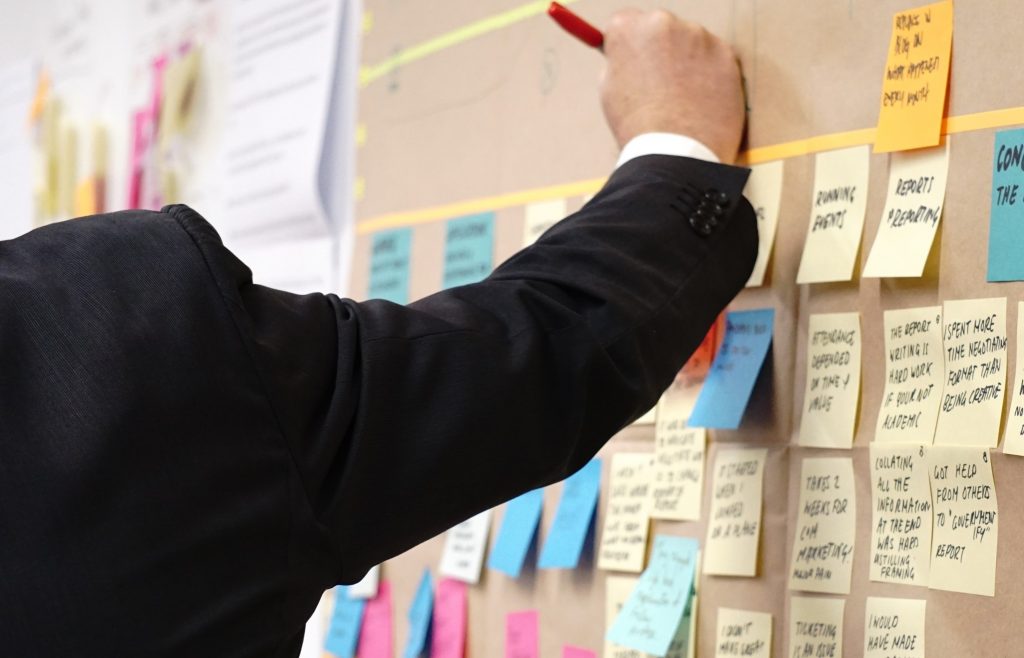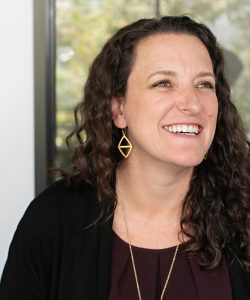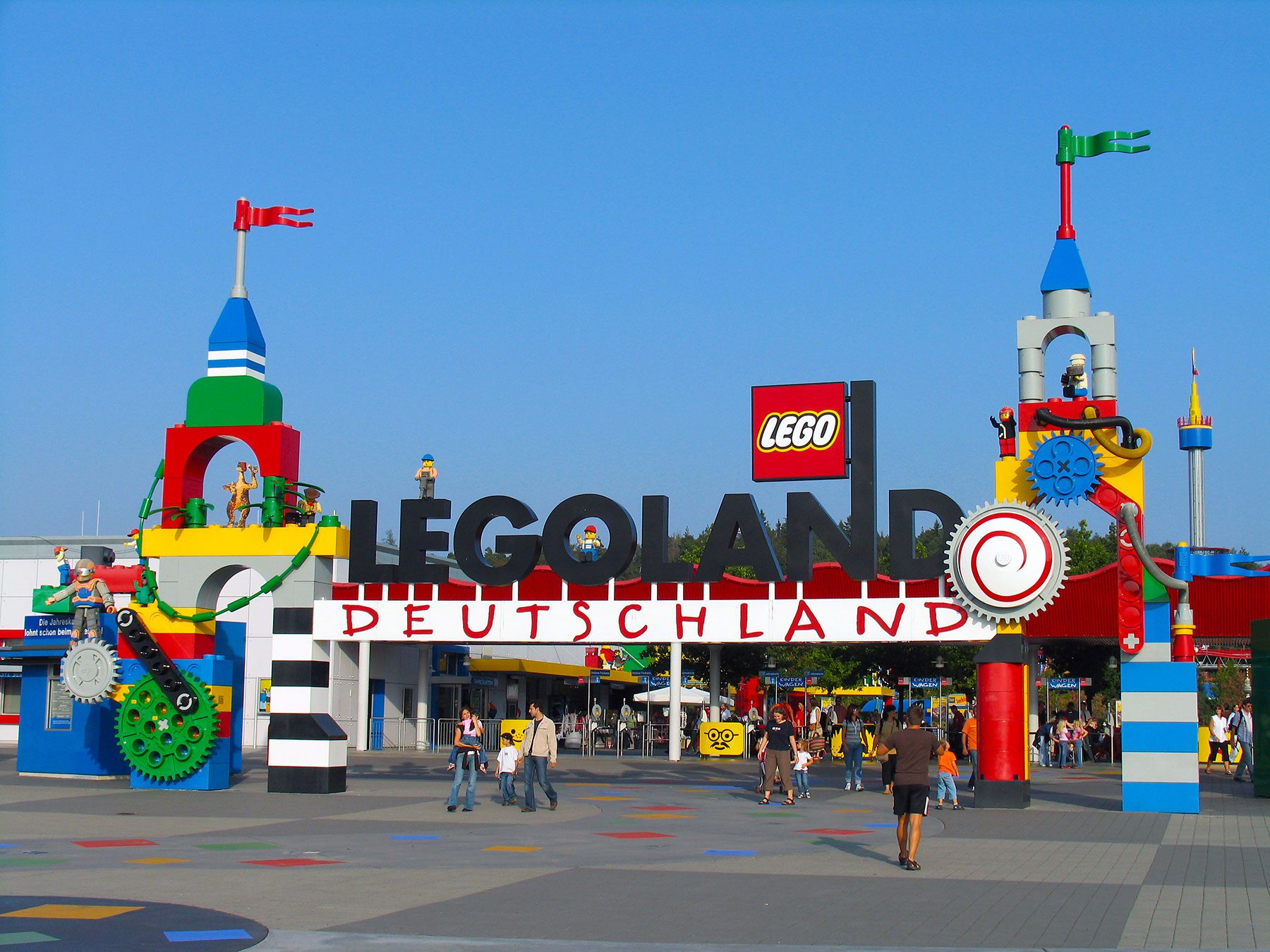Project Planning and Scheduling: Prioritizing the Final Guest Experience
When developing traditional real estate like an office building, the process and how components interact will be fairly straightforward. While there is of course thought given to how occupants will move through and utilize any building, a major difference with themed or entertainment destination projects is that a consideration of the eventual guest experience must […]

When developing traditional real estate like an office building, the process and how components interact will be fairly straightforward. While there is of course thought given to how occupants will move through and utilize any building, a major difference with themed or entertainment destination projects is that a consideration of the eventual guest experience must be central to the entire process, including all aspects of planning and scheduling, to ensure success.
This is because when you nail two pieces of timber to each other, you generally know what the results will be. But when it comes to unique and complex elements of light, media, scenery, audio, and interactives that have never been put together in that exact way before, there is much more to navigate.
And under pandemic protocols, there have naturally been additional considerations and hurdles to overcome in development, as well as potential for more unexpected costs and delays – related to general uncertainty, social distancing, travel restrictions, among other factors.
Stakeholders and contractors can get mired down in change orders, schedules, budget, and also lack of shared understanding of the specialized steps that are needed to deliver the final integrated project. It can be difficult to keep the end product in mind.
That said, no one wants to open a destination that looks like it is incomplete after spending millions of dollars. At nFusion, we advise for the initial investment in comprehensive planning and scheduling in the early stages of a development.

Schedules should outline and account for all deliberate steps required to hand over a complete vital experience to owner, including integrating all show components, allowing for adequate test and adjust, operations staff training, as well as testing the space during a soft opening period to ensure all owner and guest expectations are met.
The risk of not having a schedule that prioritizes the final guest experience along the way is that by the end stages – when the most important integration is occurring for show components – the project can become compacted and compromised because it did not stay aligned or missed critical steps.
While a general contractor plays a fundamental role, they will likely not possess the expertise required to integrate specialty components for a unique themed or entertainment destination project, or to manage the complexities on the required scale. This is why a third-party program manager with deep experience in these projects can be just as important and is key to ensuring all parties stay on task and aligned.
Planning and scheduling for the specialty show components of a space requires much more nuance in the process and integration at a detailed level, as well as a very different mindset than construction management, in order to be successful.
Where typical construction projects are managed and sequenced by facility trades completing their portions of the work, piecemeal acceptances without integration of all the disciplines of specialty show components can put the success of the overall integrated and holistic experience at significant risk. In turn, this could leave the experience feeling incomplete to the guests.

There must be adequate time allotted for onsite programming and integration of audio, lighting, media, and interactives. This should happen after the installation of all scenery and props, in order to accurately assess timing of guest flow through the space based on the full experience.
This also necessitates additional considerations that require deep experience and expertise in similar projects. For example, knowing when and how quiet and dark working time should be scheduled around other tasks in the show space. This needs to be accounted for when laying out the schedule from the outset to prevent inadequate time and resources.
Ideally, a specialty program manager can also support the owner in determining what the expectations for accepting the final product will be. They can also advise on how to set up the team and operations for success from the beginning – even with regard to aspects that do not happen until the lead-up to opening day, such as training and marketing.
Looking at the whole picture of the intended final experience throughout the development process is the only way to foster a cohesive, seamless, and fully integrated experience for those working on the project and the eventual guests who will enjoy the destination.
The considerations have always been important. That said, amidst rising construction costs, an increasingly competitive industry climate, and the complexities of the pandemic still impacting development, it is more critical than ever to hold to a comprehensive schedule and address any potential loose ends, challenges, or inconsistencies before they become irreversible issues.


